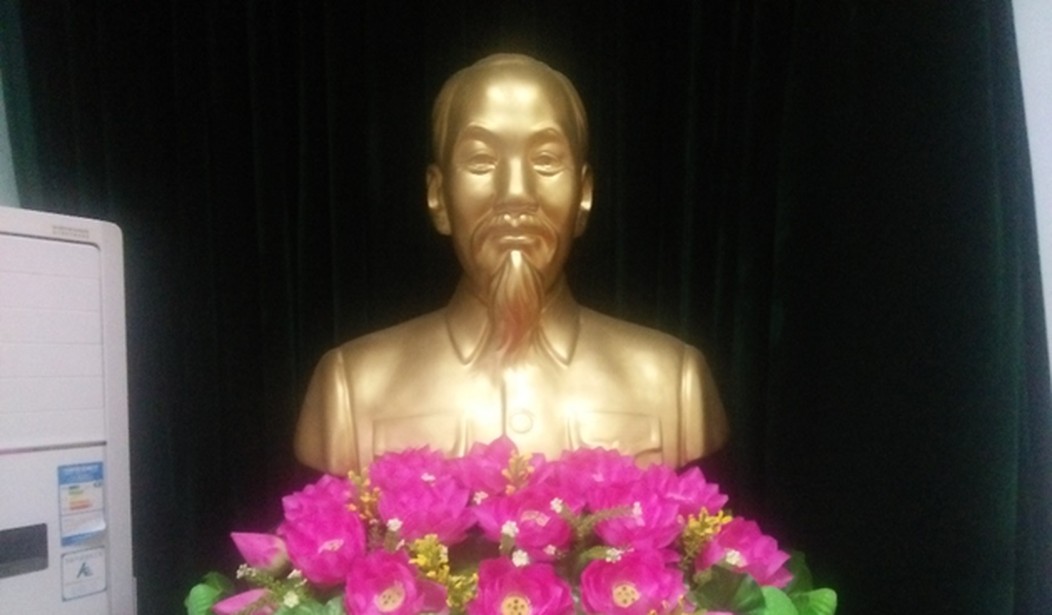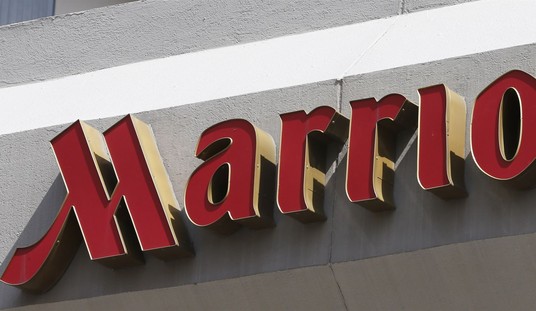What follows is a (mostly) unedited, exclusive excerpt from my recently published expat memoir, Broken English Teacher: Notes From Exile
In Thailand the God-like focus of state-sponsored idolatry is the royal family; in Vietnam it’s the dead guerilla communist hero who defeated the French first and the Americans after, Ho Chi Minh.
Vietnamese children are taught to call him “Uncle Ho,” and he is the closest thing to God of State that you are likely to find in a communist nation outside of North Korea.
My eyes wandered to the likeness of Ho Chi Minh looking down paternalistically on the classroom, his watchful eyes betraying kindness, yet sternness. If you hadn’t been indoctrinated in the school, as the students all around me had, his watchful gaze would likely come off as creepy and authoritarian, inescapably reminiscent of George Orwell’s Big Brother. Having consumed a large helping dystopian literature, I could see nothing other than the all-knowing, all-seeing eye of the state looking down upon its subjects, scanning the environment for moral judgments to render upon them.
The children just see “Uncle Ho,” a state replacement for Mommy and Daddy — and, in important ways, situated above them in their imaginations.
I like heroes without the benefit of bronze busts, or state sponsorship.
“Who is that?” I asked the sixth-grade class while they wrote in their notebooks.
They looked up. I pointed to Ho Chi Minh in his communist outfit.
“Uncle Ho,” they answered in chorus, with obvious pride.
“Uncle Ho is a national hero,” one of the more advanced English-speaking students said.
“National hero” is a supremely amorphous term, inconsistently applied in the same way that the winner writes history books. Mussolini was a “national hero” as well before he was deposed and executed in 1945 by a mob in a tiny Northern Italy village and subsequently hung by his feet from a metal girder at a gas station for his body to become an object of cathartic public abuse at the hands of his long-suffering constituents.
But the Vietnamese children have never made such observations about potential similarities of their hero to European fascists. He’s just Uncle Ho, like a communist Santa Claus analog.
C’est la vie.
The nail that sticks up gets hammered down
The master’s finest tools are found
Slack-jawed and placid
Amidst the cacophony
Of screaming billboards and Disney-fied historySometimes the ties that bind are strange
-Propagandhi, Today’s Empires, Tomorrow’s Ashes
What I didn’t know upon arrival in Vietnam but learned later:
As far as communist authoritarians go, Uncle Ho was the least genocidal and probably the most literate, having penned numerous stirring poems which scratched his countrymen’s itch for self-determination. In another time and place, his story arc would have looked a lot less like Mao’s and a lot more like Thomas Paine’s.
In the initial years, Ho Chi Minh was not ideological in the sense of having a coherent governing philosophy — he was principally engaged in securing Vietnamese independence from its most recent foreign occupier, France and, just as importantly, from its much longer-standing rival to the north, China.
He found early revolutionary inspiration from his father, a Confucian scholar who had turned down a lucrative post serving the French colonial government, as well as from nationalist movements around the globe from Koreans to Pan-Africans to French communists (whom he communed with extensively while attending conferences in Marseilles and Paris). Ho Chi Minh adopted the communist/socialist thing more or less out of political expediency, as such the fashionable revolutionary flavors de jour.
Politics, strange bedfellows, etc.
Women love a man in uniform.
Find Broken English Teacher: Notes From Exile at Amazon and Barnes & Noble — and a bunch of other places if you Google it — in digital and paperback form.










Join the conversation as a VIP Member